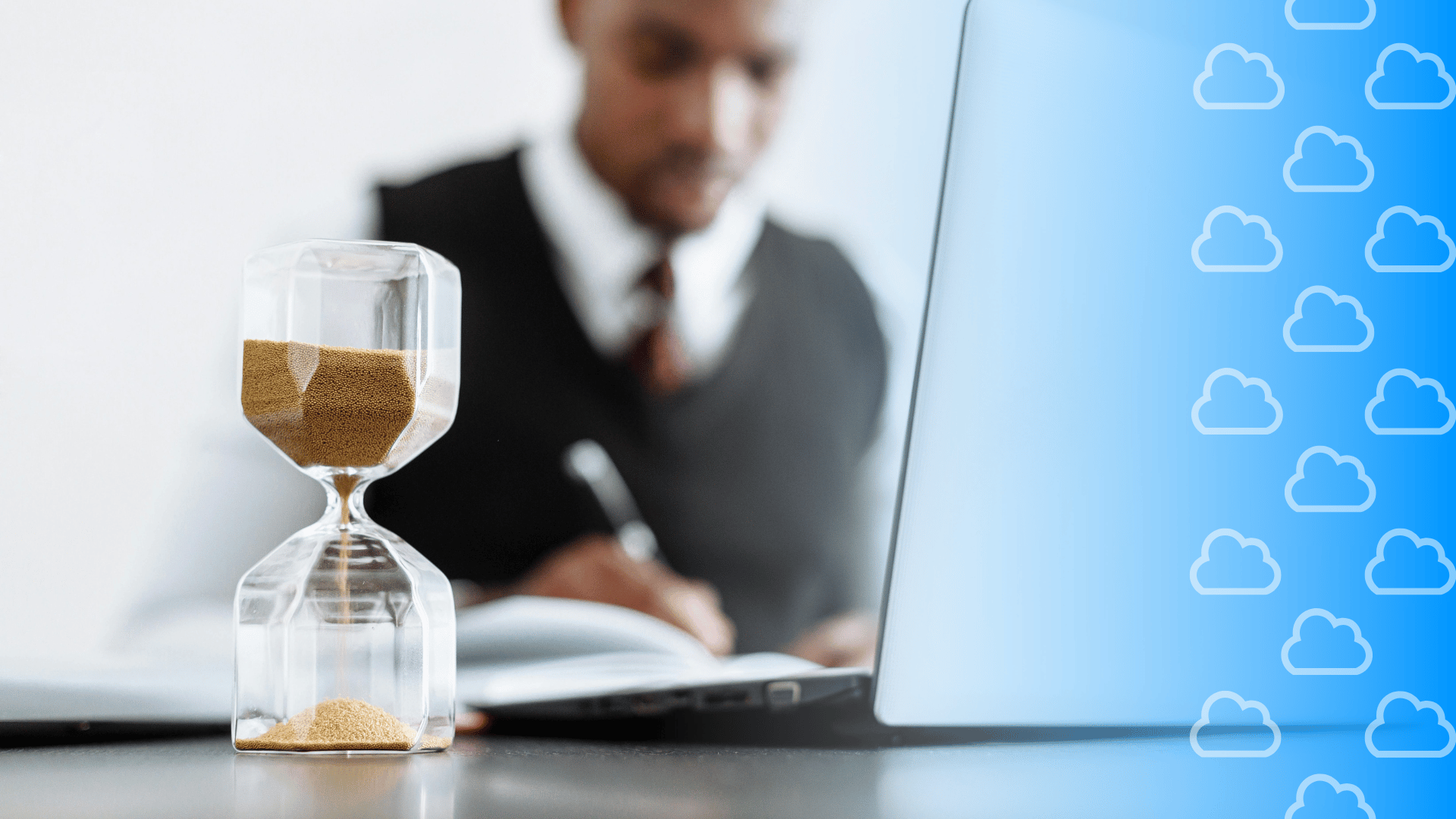Subscribe to our mailing list
Keep up-to-date with the latest news.


As the self-assessment tax return deadline looms on January 31st, many UK taxpayers are feeling the pressure to file their returns on time. If you’re self-employed, a freelancer, or have income that isn’t taxed at source, it’s crucial to prepare early to avoid the stress and penalties associated with last-minute filing. In this blog, we’ll walk you through how to prepare for the self-assessment tax return deadline, offer useful tax return tips for freelancers, and provide a comprehensive UK self-assessment guide to help you navigate the process smoothly.
In this article:
Before diving into your tax return, it’s important to know the key important dates for self-assessment 2025. Even though the self-assessment tax return deadline for 2024 is January 31, 2025, you’ll need to keep track of upcoming deadlines throughout the year. Here’s a quick overview:
By marking these dates on your calendar, you’ll stay on top of when to submit your returns and make any necessary payments.
While the immediate deadline may seem like a distant concern, it’s never too early to start preparing for self-assessment 2025. By setting aside time to organise your finances now, you can avoid the last-minute rush next year. Here’s how to begin preparing:
As a freelancer or self-employed individual, it’s vital to keep detailed records of all income and expenditure. Whether you use accounting software, spreadsheets, or a paper ledger, keep everything up-to-date.
Many freelancers miss out on claiming allowable expenses, which can significantly reduce your taxable income. These might include things like office supplies, business travel, and even part of your home utilities if you’re working from home. According to The Telegraph, Freelancers are missing out on £24m in tax cuts every year as they fail to claim small expenses.
To ensure that you don’t miss anything when filing your return, create a tax return checklist for self-employed individuals. Here’s a quick guide to the key documents and details you’ll need:
Filing your self-assessment can feel overwhelming, but it’s simpler than it appears once you know how to proceed. Here’s a general guide on how to complete self-assessment:
Even seasoned freelancers can make self-assessment tax return mistakes, so it’s important to be cautious. Here are some common errors to avoid:
Freelancers often face additional complexities when it comes to taxes. We offer an Accounting Guide for freelancers. Here are a few tax return tips for freelancers to help make your filing process smoother:
One of the most critical aspects of filing self-assessment tax returns is submitting them by the due date. The self-assessment deadline January 31 applies to all online returns, and failing to meet this deadline can result in significant penalties. Here’s a breakdown of what you can expect if you’re late:
Filing your self-assessment tax return doesn’t have to be a stressful experience. By staying organised, using a tax return checklist for self-employed individuals, and starting your preparations early, you’ll have plenty of time to submit your return accurately and on time. If you’re unsure about any part of the process, don’t hesitate to consult with a tax professional—they can help you avoid costly mistakes and ensure that your return is completed correctly. Learn more about our self-assessment accountancy services here.
As you approach the self-assessment tax return deadline on January 31, remember: proper preparation is key to a smooth, stress-free filing experience. Whether you’re a freelancer, a contractor, or self-employed, following these tips will set you on the right path to meeting your obligations and avoiding penalties in the years to come.
If you’d like to know more about how we can help, you can speak to one of our team by completing the form on our website, emailing: team@cloudaccountant.co.uk or giving us a call on 01625 546 232.